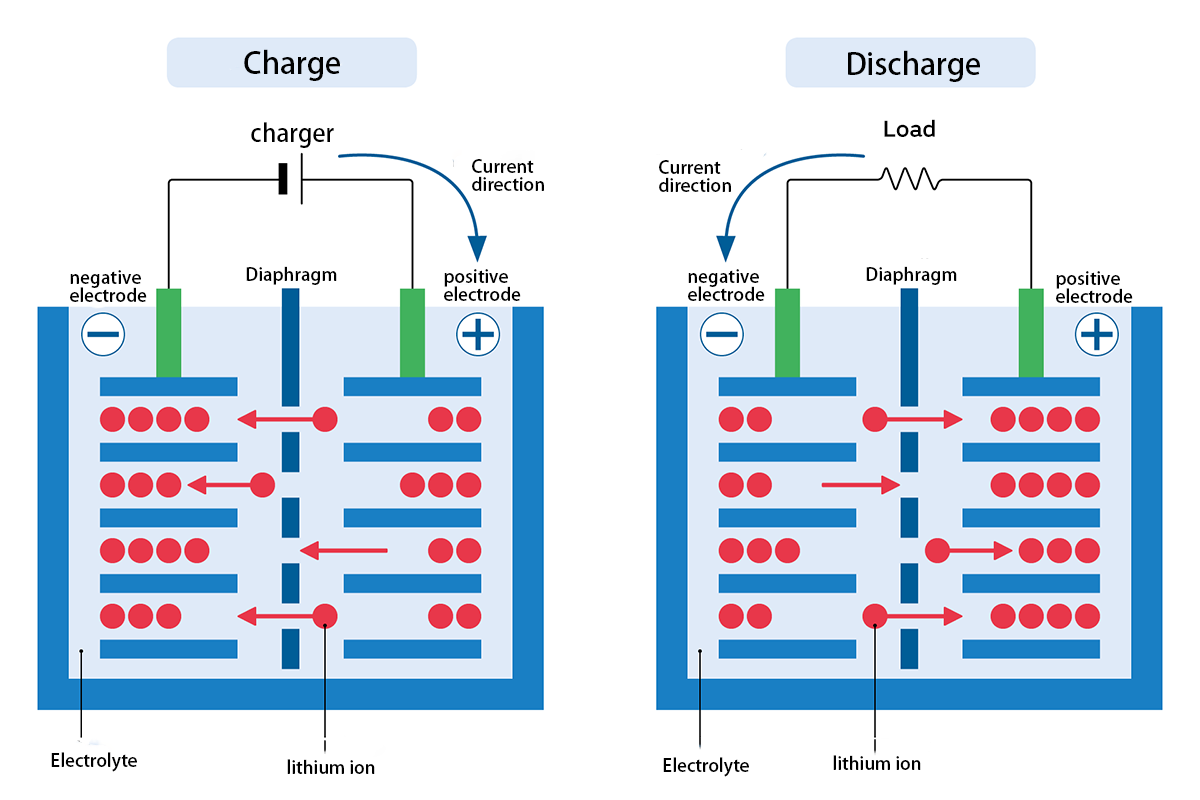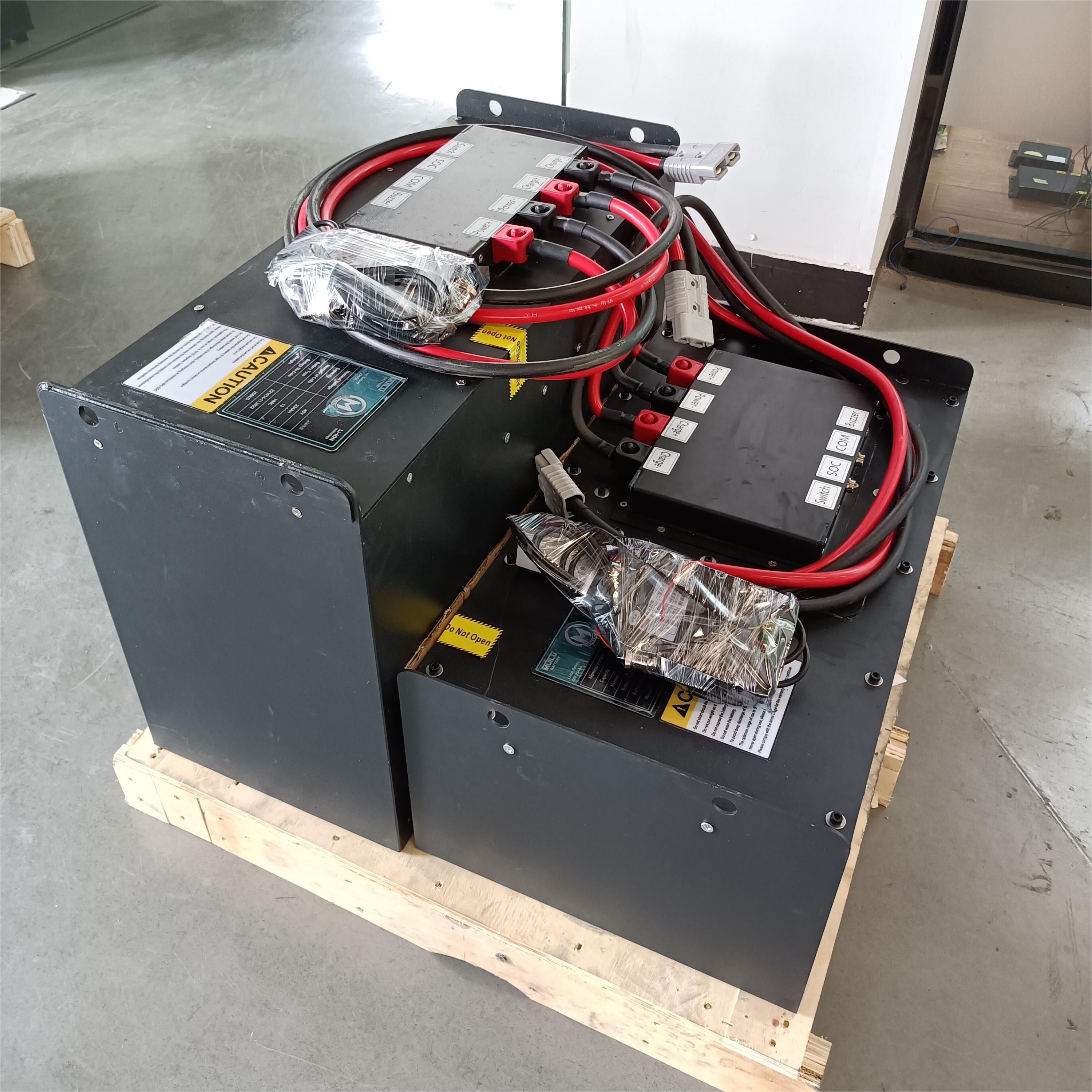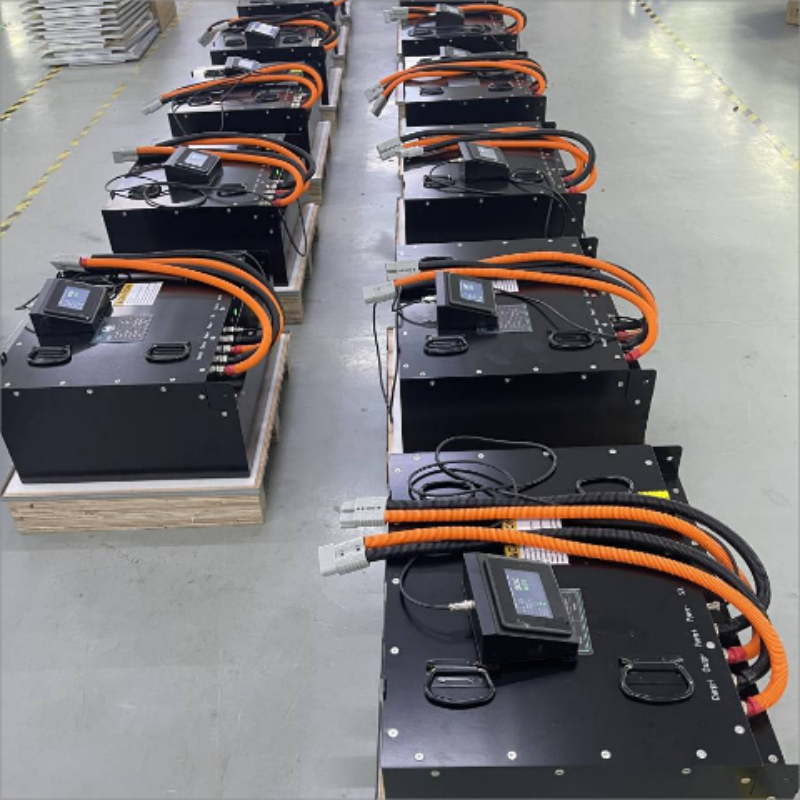A preliminary understanding of lithium batteries
Welcome to the official Heltec Energy blog! Lithium-ion batteries have become an integral part of our daily lives, powering devices we rely on, such as smartphones and laptops, and even cars. The prototype of the battery was invented in the late 18th century, and it has been more than two hundred years since then. Lithium-ion batteries are one of the newest types of batteries that have been born in the process of battery development.
Batteries are divided into dry batteries that can only be used once, "primary batteries", and batteries that can be recharged and used multiple times, "secondary batteries". Lithium-ion batteries are secondary batteries that can be recharged. Compared with other types of batteries, lithium-ion batteries are unique in their compact size and lightweight properties, making them ideal for portable electronic devices. In addition, they are able to store large amounts of electrical energy, making them an efficient power source.
-2.jpg)
How lithium-ion batteries generate electricity
The basic working principle of batteries is similar, involving a positive electrode (cathode), a negative electrode (negative electrode), and an electrolyte. Inside the battery, the electrolyte allows ions to pass through, while electrons flow from the negative electrode to the positive electrode, thereby generating an electric current. For secondary batteries, such as lithium-ion batteries, they can store electrons in the negative electrode in advance by charging, and when the battery is discharged, these electrons flow to the positive electrode, thereby generating electricity.
Next, let's look at the characteristics and advantages of lithium-ion batteries. The reason why lithium-ion batteries stand out among many batteries is mainly due to their unique structure and material selection. First, lithium-ion batteries use lithium-containing metal compounds at the positive electrode and carbon (such as graphite) that can absorb and store lithium at the negative electrode. This design allows lithium-ion batteries to generate electricity without the need to decompose the electrodes by melting the electrolyte like traditional batteries, thereby slowing down the aging of the battery. Secondly, lithium is a small and light element, which makes lithium-ion batteries more compact and lightweight at the same capacity. In addition, lithium-ion batteries also have the advantages of high energy density, long cycle life, and no memory effect, all of which have made lithium-ion batteries widely used in portable electronic devices, electric vehicles and other fields.

Classification of lithium batteries
Lithium-ion batteries are classified into several categories based on the metal materials used in the positive electrode. Initially, the metal material used in the positive electrode of lithium-ion batteries was cobalt. However, the production of cobalt is almost as low as that of lithium, and it is also a rare metal, so the manufacturing cost is high. Therefore, cheap and environmentally friendly materials such as manganese, nickel, and iron began to be used. Lithium-ion batteries are classified according to the materials they use. Let's take a look at the characteristics of each category.
| Types of Lithium-ion Batteries | Voltage | Discharge times | Pros and Cons |
| Cobalt-based lithium-ion batteries | 3.7V | 500~1000 times |
|
| Manganese-based lithium-ion | 3.7V | 300~700 times |
|
| Iron phosphate-based lithium-ion batteries | 3.2V | 1000~2000 times |
|
| Ternary-based lithium-ion batteries | 3.6V | 1000~2000 times |
|


Heltec Energy's lithium battery
As a leading manufacturer in the field of lithium batteries, Heltec Energy takes pride in our strong capabilities and commitment to delivering high-quality products to our customers. With a focus on innovation and sustainability, we have established ourselves as a trusted provider of advanced lithium battery solutions.
One of our flagship products is the lithium battery, which has gained widespread recognition for its superior performance and reliability. These batteries are designed to meet the growing demand for energy storage solutions in various applications, including forklift battery,golf cart battery, done battery, ect. With a focus on safety and efficiency, our lithium batteries are engineered to deliver long-lasting power while minimizing environmental impact. If you have any questions or would like to learn more, please don't hesitate to reach out to us.
Request for Quotation:
Jacqueline: jacqueline@heltec-bms.com / +86 185 8375 6538
Sucre: sucre@heltec-bms.com / +86 136 8844 2313
Nancy: nancy@heltec-bms.com / +86 184 8223 7713
Post time: Jul-08-2024
